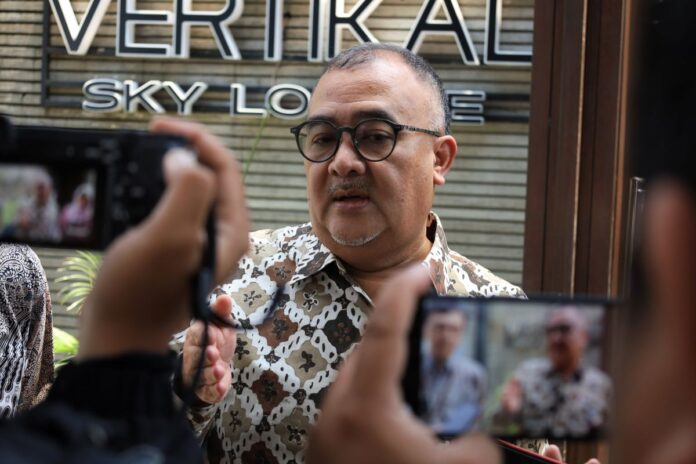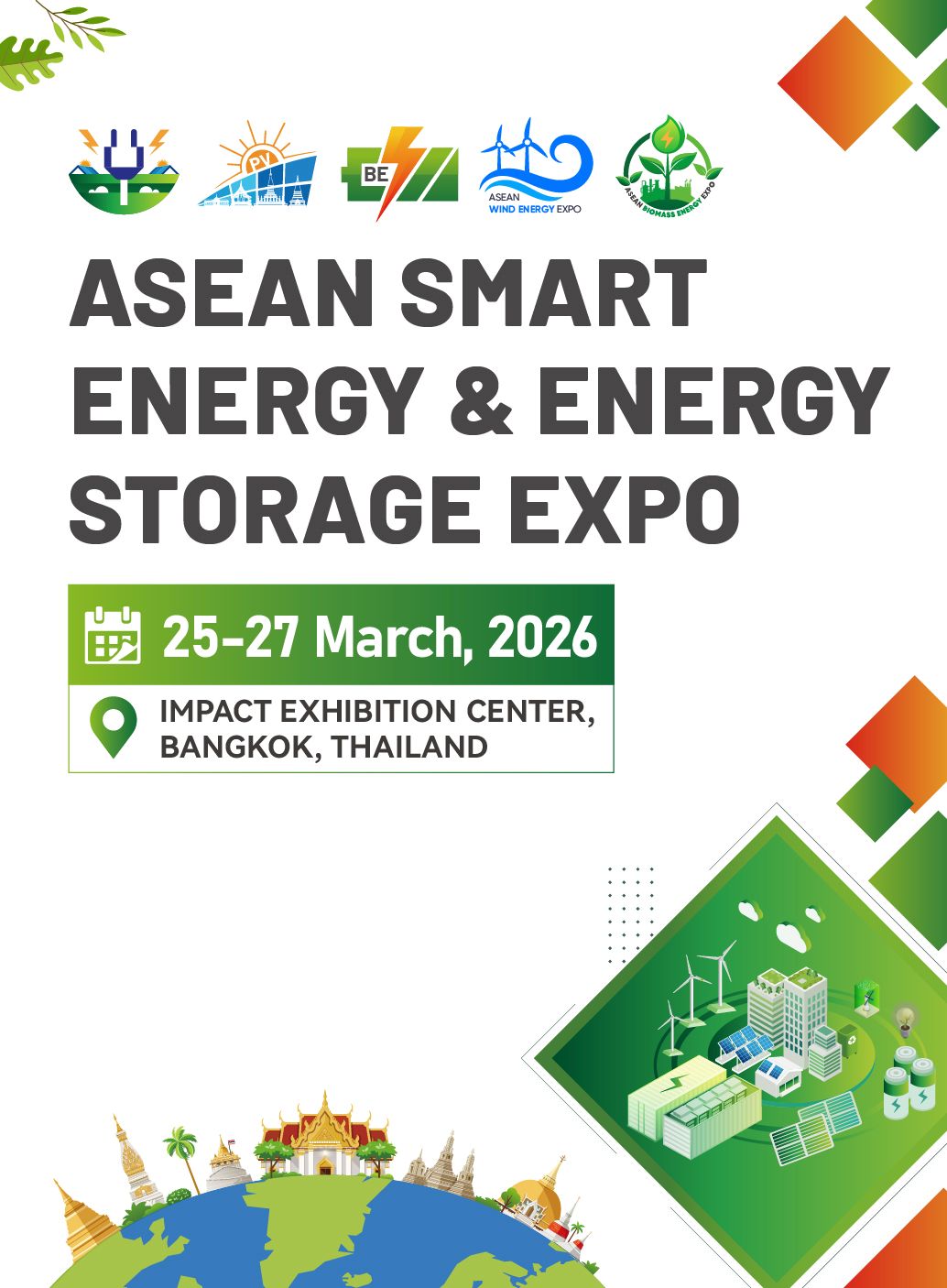Ecobiz.asia — Indonesia’s Ministry of Environment (KLH) is preparing technical guidelines for each Mutual Recognition Agreement (MRA) signed with international carbon crediting schemes to ensure high integrity and transparency in the country’s carbon market.
Deputy for Climate Change Control and Carbon Economic Value Governance Ary Sudjianto said the move follows Indonesia’s signing of MRAs with five international crediting bodies, Gold Standard, Global Carbon Council, Plan Vivo, Verra, and Japan’s Joint Crediting Mechanism (JCM), as well as a Letter of Intent (LoI) with Puro Earth.
“To produce carbon units with integrity, we must prevent any fraud that could damage Indonesia’s credibility in the global market,” Ary said during a coordination meeting on MRA implementation in Bogor on Friday (Oct 10, 2025).
He said the MRAs are a strategic step to strengthen Indonesia’s position in global carbon trading while accelerating the achievement of its Nationally Determined Contribution (NDC) under the Paris Agreement. Ary stressed that integrity must be maintained to avoid mitigation slippage ahead of 2030.
“All stakeholders must collaborate to build a credible carbon market that supports NDC targets without compromising national economic priorities,” he said.
As the country’s Designated National Authority (DNA), the ministry is also facilitating the implementation of Article 6.4 of the Paris Agreement for domestic mitigation project developers. So far, 14 projects have transitioned from the Clean Development Mechanism (CDM) to the new Article 6.4 framework.
Ary emphasized that proceeds from carbon trading should be reinvested into mitigation and adaptation actions, particularly in the Forestry and Other Land Use (FOLU) sector. “If it comes from forests, then the benefit must go back to the forest,” he said.
To ensure transparency and traceability, Indonesia continues to strengthen its National Registry System for Climate Change Control (SRN PPI), the official platform for tracking mitigation actions, emission data, and carbon credits. The system will feature enhanced data security, interoperability, and improved visualization tools in its latest upgrade, aligning with Article 13 of the Paris Agreement.
The initiative is part of Indonesia’s broader effort to position itself as a global hub for high-integrity carbon units, reinforcing investor confidence and advancing the country’s climate and green growth agenda. ***





